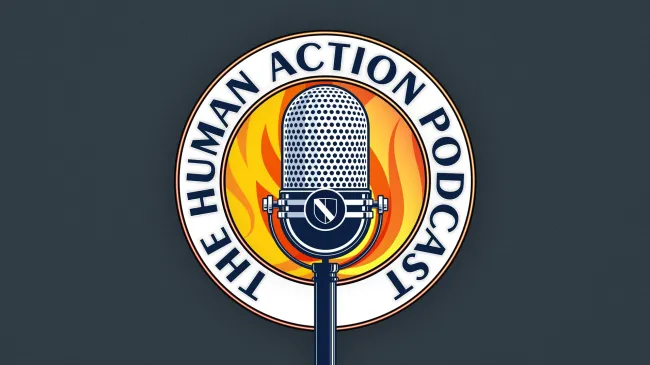The Fallacy of Optimal Tariffs
Mainstream economists have been obsessed with finding “optimal” tax rates, and Nicholas Kaldor‘s 1940 formalization of the “optimal” tariff is no exception. Austrian economists, however, know that there is no such thing as an “optimal” tax, given the harm taxation causes.










